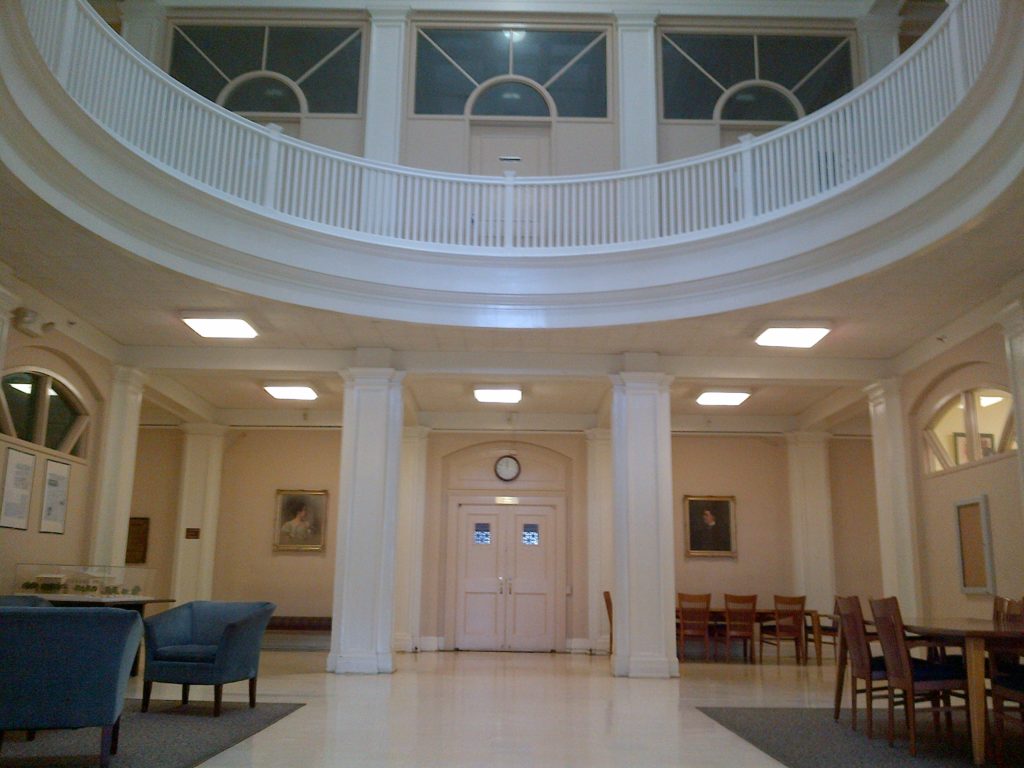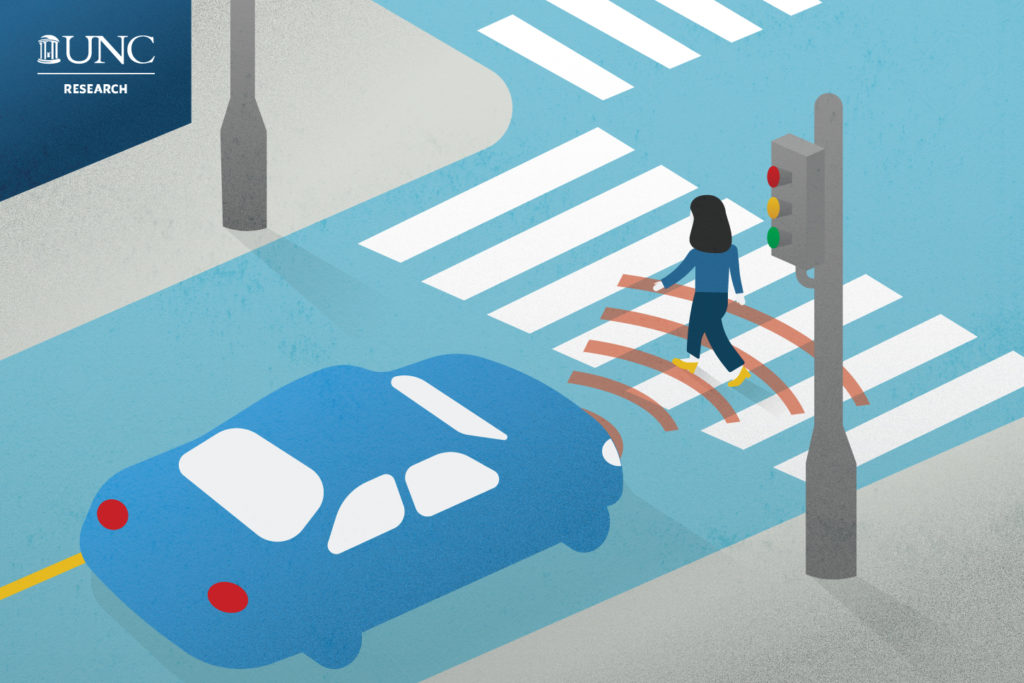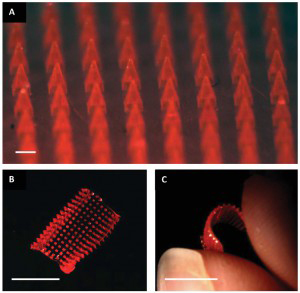
What does art do and why does it matter in medicine?
Performance artist Marina Tsaplina, who has lived with Type 1 diabetes since she was 2, attempted to unpack that question at a recent event at UNC-Chapel Hill. Her nonprofit BETES Organization uses the performing arts to help people with chronic illness form a “flourishing relationship with their health.”
The April 5 puppetry performance and workshop, “The Invisible Elephant Project,” was part of the course “Healing in Literature and Ethnography.” Funded through an interdisciplinary grant from the College of Arts & Sciences, the course is being team-taught by Jane Thrailkill, Bowman and Gordon Gray Distinguished Term Associate Professor of English, and Michele Rivkin-Fish, associate professor of anthropology.

Tsaplina’s performance was a response to the recent announcement by the American Association of Medical Colleges for the need for humanities and arts in medical education. At UNC, interest in medical humanities is thriving. Students can pursue an undergraduate Honors minor (and next fall an English major concentration), and an M.A.. concentration in literature, medicine and culture. Thrailkill and English colleague Jordynn Jack also co-founded the HHIVE Lab, one of the first health humanities research labs in the country.
Rivkin-Fish said they were sharing Tsaplina’s work with students because they hoped to deepen conversations on campus about the socio-cultural dimensions of health and healing.
“Marina raises profound questions about the experience of living with chronic illness, of encountering the medical profession and also of being a medical professional,” Rivkin-Fish said. “She is helping us find new ways of expressing the contradictions involved in these experiences. We were excited to have our students learn with her about how the arts can help us reimagine well-being.”
“This event was a wonderful cross-disciplinary investigation of how we can rethink medical education and expand areas for medicine-related research to include the arts,” Thrailkill added.
After the performance, Tsaplina paired students up to talk about “what you didn’t want to know,” encouraging them to be active listeners.
One student said: “I didn’t know how much mental chatter I had going on until I started really listening and making eye contact with my partner.”
Tsaplina also shared the power of poetry, playing audio clips for the audience from a 1963 talk by James Baldwin called “The Artist’s Struggle for Integrity.”

Rhea Jaisinghani (a first-year student who hopes to pursue a biostatistics major and a minor in medicine, literature and culture) and Akhila Boyina (a junior psychology and neuroscience major who is pursuing minors in chemistry and neuroscience), said they embrace both their love of science and the arts. They are dancers for the UNC Southeast Asian dance team Chalkaa.
“I’ve always been a hard-science person until I got to college and realized how important it was to nurture the other side of me, too,” Boyina said. “I’m now working on a study that takes a look at how dance could help diabetes patients.”
Amanda Graham, associate director of engagement for Carolina Performing Arts, said CPA is happy to support performances that deal with complex social and cultural issues through the arts.
“Art can be a great translator,” she said. “A program like this helps us to understand how something scientific is also a human endeavor.”
Tsaplina’s visit was made possible with support from The Institute for the Arts and Humanities, the departments of social medicine, anthropology and English, HHIVE and Carolina Performing Arts.
Story and photos by Kim Spurr




